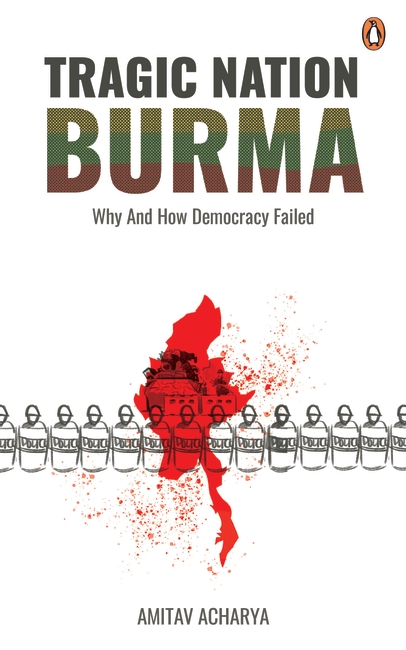
A decade ago, Burma was full of light and hope. Today, it has descended into darkness and despair. The once promising political and opening up of the country has been set back, possibly for a long time. How did this happen?
Why? Many outside observers are surprised by the developments, but it was predictable. For those watching Burma the February 2021 coup was in the making for some time. Its seeds were planted in the constitution, which created false expectations on both the military and the civilian parties that both sides are going to emerge as long-term winners. The political leadership of Aung San Suu Kyi, the determination of her supporters to gain absolute control of the country at the expense of the military, and the over-dependence on her by her party without a succession plan, were other contributing factors. The international community, including ASEAN, was blindsided by short-term business considerations.
ASEAN saw Burma’s entry into the regional grouping as a major geopolitical gain, without keeping an eye on the gathering political storm inside the country. ASEAN’s principle of non-interference led to lack a lack of concern for Burma’s domestic developments. This book will provide a timely and insightful account of the political situation in Burma, assessing why the country experienced the coup, what the implications are for the people of Burma and the Southeast Asian region, and what role the international community can play to prevent Burma becoming a failed state.
Imprint: Audiobook
Published: 01/10/2024
ISBN: 9789815266276
Run time : 8 hours